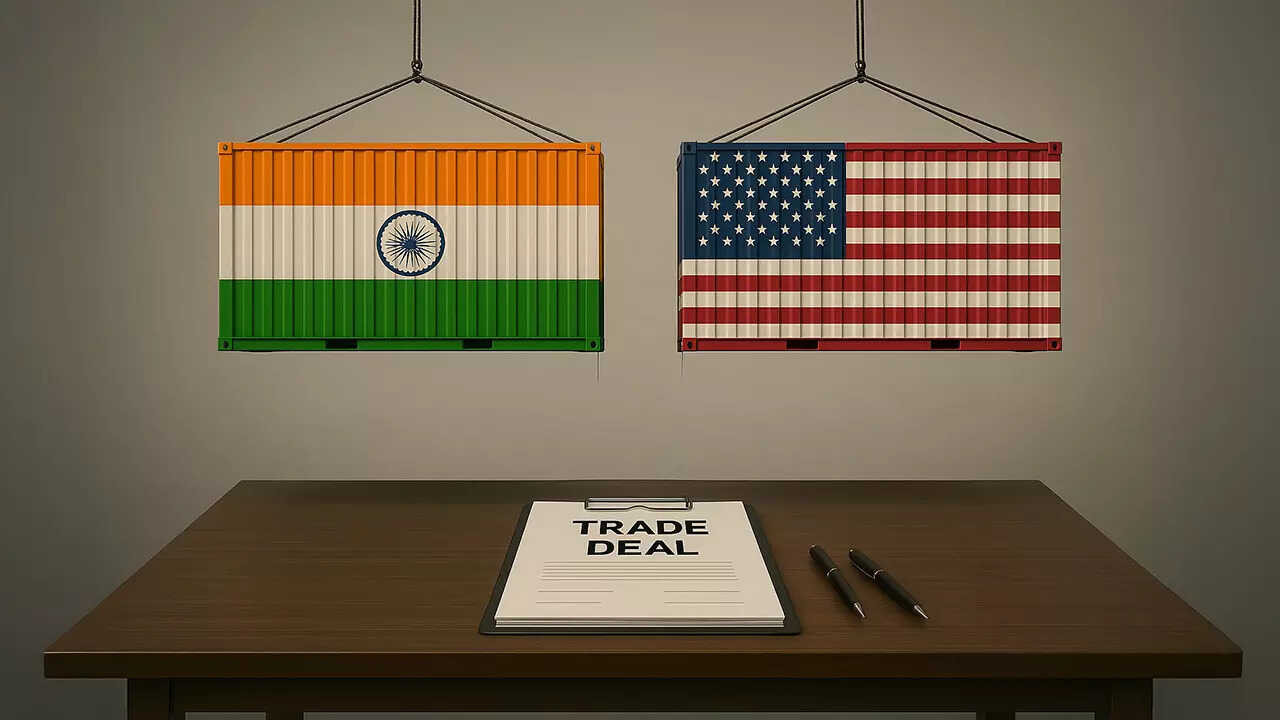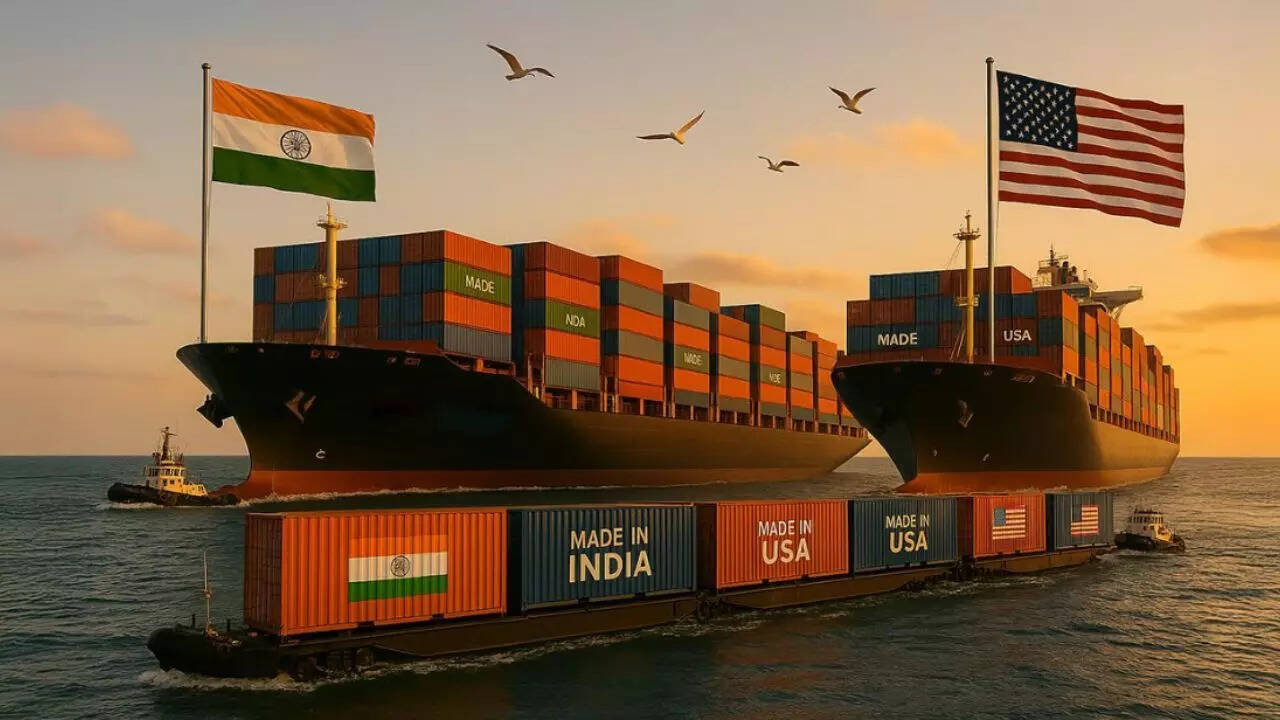Are Your Online Food Orders Really Safe? A Wake-Up Call for E-Commerce
We love the convenience, don’t we? A few taps on our phone and dinner magically appears at our doorstep. E-commerce platforms have revolutionized how we access food, bringing a world of culinary delights right to our fingertips. But behind the seamless interface and tempting discounts, is everything as safe as it seems? The Food Safety and Standards Authority of India (FSSAI) recently issued a stern warning to e-commerce food platforms, highlighting some serious concerns that might make you think twice before your next online order.
It’s not about scaremongering; it’s about ensuring that the food we consume is safe and meets established standards. The FSSAI’s concerns aren’t new, but the recent escalation suggests these issues are becoming more prevalent, demanding immediate attention from both the platforms and consumers.
What’s Cooking? Food Safety Lapses Under Scrutiny
So, what exactly are these food safety issues raising eyebrows? The FSSAI has pointed out several key areas of concern, impacting everything from the way food is handled to how information is presented to consumers:
* Misleading Information: Ever ordered something online only to find it’s vastly different than what was advertised? This isn’t just annoying; it can be dangerous. Incorrect information about ingredients, nutritional value, or even the presence of allergens can have serious health consequences. The FSSAI is clamping down on platforms that fail to provide accurate and transparent details about the food they’re selling.
* Unlicensed Vendors: The digital landscape makes it easy for anyone to set up shop, including those who might not have the necessary licenses or adhere to basic hygiene standards. The FSSAI is working to ensure that all food vendors operating on e-commerce platforms are properly vetted and compliant with regulations. This protects consumers from potentially unsafe or substandard food.
* Hygiene and Handling: How your food is prepared and delivered is just as important as the ingredients themselves. The FSSAI is scrutinizing hygiene practices throughout the entire food chain, from the kitchen to your doorstep. This includes ensuring proper storage, transportation, and handling procedures to prevent contamination and maintain food safety.

The Platform’s Plate: Responsibility and Accountability
The FSSAI’s warning puts the onus squarely on e-commerce platforms. They’re not just neutral marketplaces; they have a responsibility to ensure the food safety of the products sold through their channels. This includes:
* Vendor Verification: Implementing robust systems to verify the licenses and compliance of all food vendors on their platform.
* Information Accuracy: Ensuring that all product information is accurate, up-to-date, and transparent.
* Grievance Redressal: Establishing effective mechanisms for consumers to report issues and receive timely resolution.
* Training and Awareness: Providing training and resources to vendors on food safety best practices.
What Can You Do? Taking Control of Your Online Food Experience
While the FSSAI and the platforms work to improve the system, you, as a consumer, also have a crucial role to play. Here’s how you can take control of your online food experience and prioritize food safety:
* Check Vendor Ratings and Reviews: Before ordering from a new vendor, take a look at their ratings and reviews. Pay attention to any comments about hygiene, food quality, or inaccurate information.
* Read Product Descriptions Carefully: Don’t just rely on the pictures. Read the product descriptions carefully, paying attention to ingredients, allergens, and nutritional information.
* Report Suspicious Activity: If you notice anything suspicious, such as incorrect labeling, poor hygiene, or unlicensed vendors, report it to the platform and the FSSAI.
* Choose Reputable Platforms: Stick to well-known and reputable e-commerce platforms that have a proven track record of prioritizing food safety.
Looking Ahead: A Safer Food Future?
The FSSAI’s warning is a necessary step towards creating a safer and more transparent online food ecosystem. By holding e-commerce platforms accountable and empowering consumers with information, we can work towards a future where the convenience of online food ordering doesn’t come at the expense of our health and well-being. It’s a reminder to be vigilant and informed about where our food comes from, even in the digital age.
This push towards greater safety pairs with other regulatory efforts in the food sector. You can read more about related changes in food standards on our blog.
Ultimately, the success of this initiative depends on collaboration between the FSSAI, e-commerce platforms, and consumers. By working together, we can ensure that online food ordering remains a convenient and enjoyable experience, without compromising on food safety.







